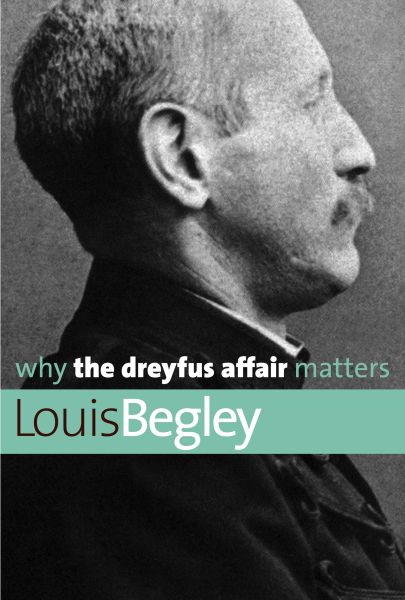A Belated Thought on Wikileaks
by Graham Dumas (J.D. Candidate 2011)
I am a bit late in writing about the Wikileaks issue, but I would like to propose here a slightly different way of viewing the question through the lens of systems engineering. For a number of reasons, Wikileaks has presented to members of the military a simplified and seemingly less painful way to report violations of IHL, leading to a breakdown in, or rather an excursion from, the process the U.S. Military has been using to report, identify, prosecute, and ultimately prevent violations of military law and the law of armed conflict. To remedy this problem, the military should investigate both the demand and supply sides of the information pipeline, simplify the reporting process, and initiate a campaign to educate servicemen of the internal reporting channels available to them, the need to prevent extraneous leaks to the public, and the penalties for releasing classified information. More after the jump.

